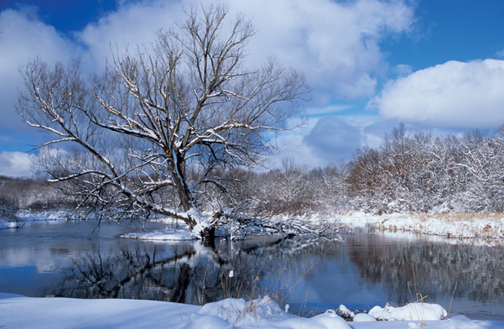As I came back from a holiday of reflection, I have been wondering more and more, “who really is watching out for our water resources?” At first glance it seems like a simple question to answer, and, as a professional Watershed Planner, one would think that I should have a quick answer. However, the deeper one looks, the more complicated the answer becomes.

We can start at the top with the federal government and look to the Environmental Protection Agency (EPA). True, they are responsible for implementing the Clean Water Act and a number of other water resource protection laws, but they really pass most of the responsibility down to the states. So, is the Michigan DEQ responsible? To some extent, yes. They report to EPA (and all of us) on the state of our waters, but they base that on limited data that they collect once every five years. And when it comes to acting on that data, the DEQ has a limited response unless there is a toxic contamination issue. They generally look to local agencies and organizations to develop plans and implement projects to address broader impairments like excessive nutrients, bacterial contamination, erratic flows, erosion, or aquatic wildlife and habitat degradation. They are leaving those problems to all of us to figure out at the local level.
The bottom line is there is no water czar to manage our water resources. No single organization is responsible. If we are to restore the Huron River to what we want it to be, we have to work together. That’s what we try to do here at the Watershed Council — work with you and your local government and business representatives to plan and execute programs that identify problems and promote collaborative solutions to improve the river and its watershed a little bit at a time.
We can’t do it alone, though. There’s a lot to do as you can see from the variety of projects we’re involved in. As you think about what you accomplished in 2011 and what you want to do with 2012, consider working with us to continue to improve the Huron River and watershed. If you don’t, who will?



